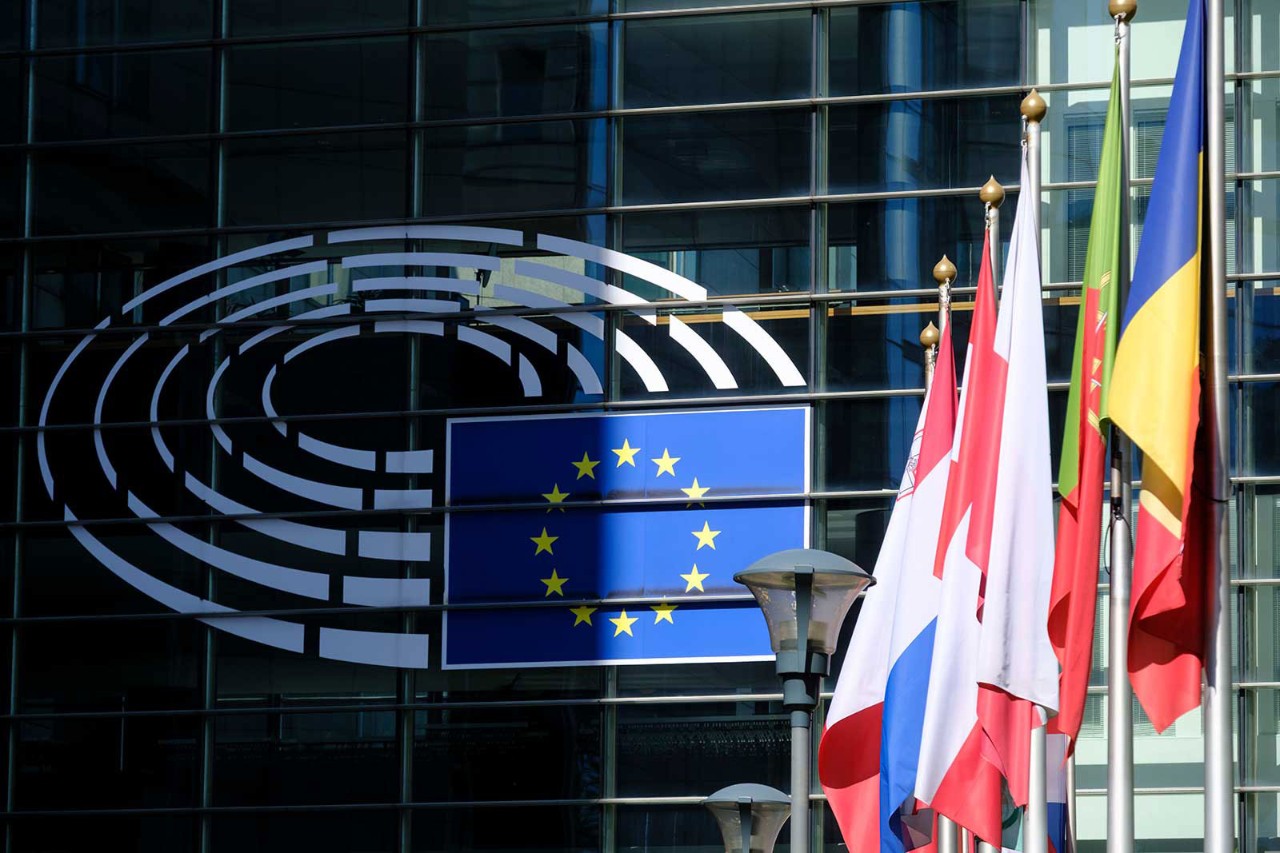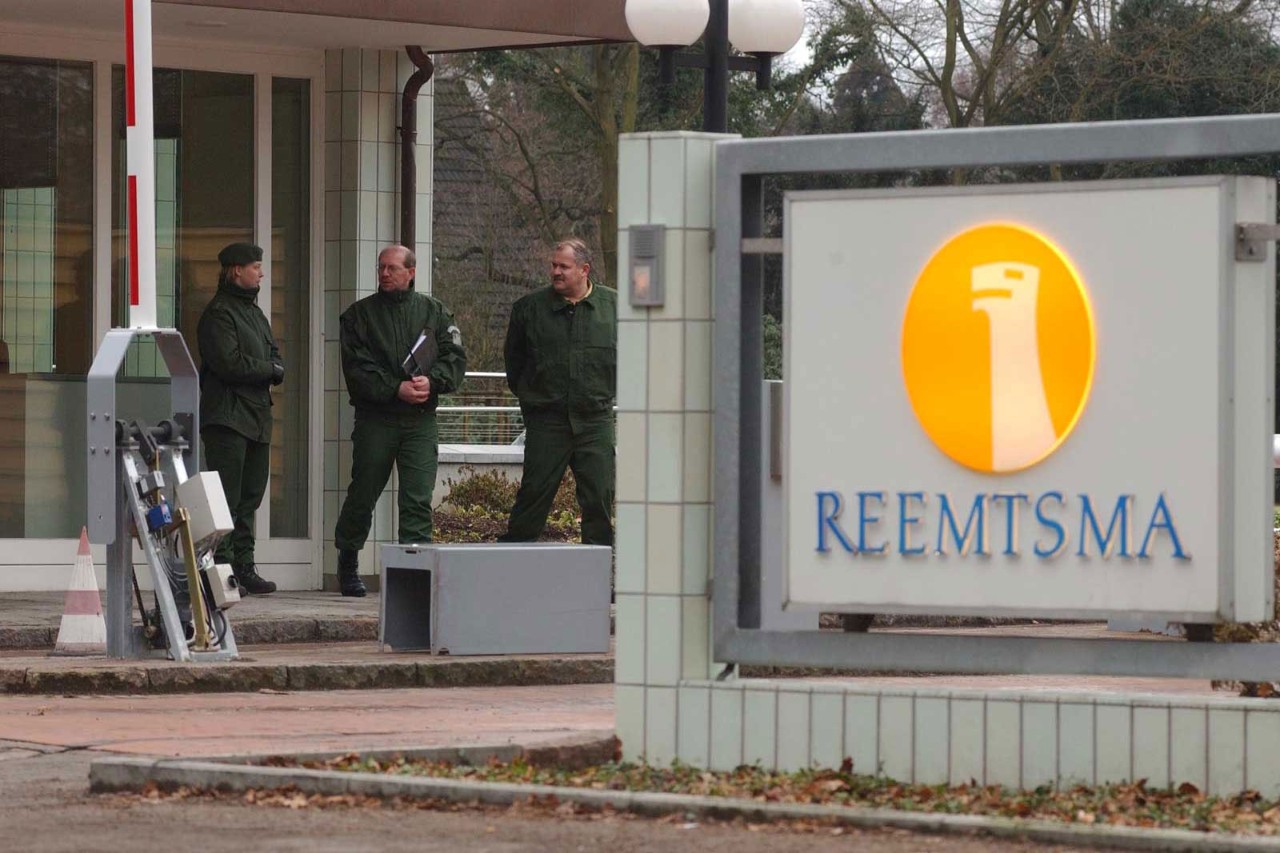

Ireland has spent years fretting over every policy shift from Washington, a reflexive response ingrained in the country’s economic psyche. Every hint of a tax reform sends tremors through boardrooms and government offices alike.
And for good reason: the US is a colossal trading partner and the presence of multinationals has made the economy heavily dependent on the whims of American policy changes.
That has been heightened by events that have taken place since so-called Liberation Day in April and the uncertainty it has created.
Isn’t it time, however, we started asking a different question? Instead of agonising over what the US might do next, why aren’t we talking more about what we can do to wean ourselves off this dependency? Because let’s face it, Ireland’s economic model is terribly lopsided.
When Apple sneezes, we catch a cold. When Meta coughs, we get a fever
We’re too invested in a strategy that relies on US corporations for direct employment and the Irish firms that serve them. When Apple sneezes, we catch a cold. When Meta coughs, we get a fever.
This is not to suggest that the US relationship is anything but crucial. There is, though, a troubling complacency about how little we’ve diversified our economic base. Take our exports. Last year, a third of Ireland’s total goods exports went to the US, making it the largest single destination. While the EU, China and other markets are growing, they’re not large enough to offset any significant drop in US/Irish trade.
Time is ripe
The timing couldn’t be better to address this imbalance. Ireland is in the middle of a windfall from corporate taxes, much of it derived from a handful of US multinationals. Why not use some of that cash to lay the groundwork for a more diversified economy? Instead of pumping billions into short-term tax cuts or populist spending, invest in bolstering indigenous businesses that can tap into new markets.
Consider China. Despite the political risks, it remains the second-largest economy in the world and a massive consumer market. While Ireland’s exports to China have grown, they’re still a fraction of what they could be.
Diversifying the economic base isn’t just a defensive play – it’s an opportunity
What about Europe? There’s been some progress in expanding our presence, but nowhere near enough to offset any significant shift in US trade policy. Germany, France and the Netherlands are huge markets where Irish exporters have room to grow, especially in sectors like agri-food, financial services and green tech.
The counter-argument is that these things take time, that you can’t simply snap your fingers and conjure up a more balanced export market. That’s true. But the longer we cling to the current model, the harder it will be to pivot when the inevitable comes. US corporate tax reform is not a hypothetical; it’s a near certainty in the next few years regardless of who occupies the Oval Office. When it happens, Ireland will find itself scrambling to adapt.
Targeted support
Diversifying the economic base isn’t just a defensive play – it’s an opportunity. Indigenous businesses, especially in tech, pharma and renewable energy, have shown they can compete on the world stage. They need targeted support. Not cash, but access to international networks, strategic investment and a coherent plan to break into new markets.
The clock is ticking. Ireland can continue to obsess over every policy shift in Washington, or it can start building a more robust, self-reliant economy. The money is there. The opportunity is there. The only question is whether the political will is there.



